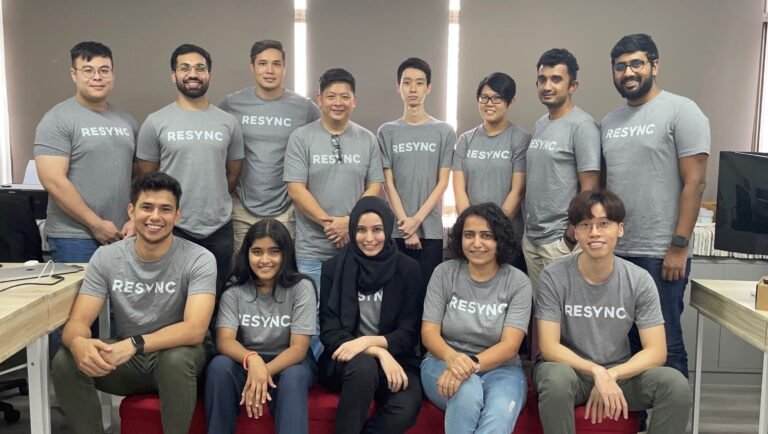To extend energy management solutions to Asia & Middle East, Resync raised US $2 M

GGV Capital has invested $2 million in Resync Technologies, a Singapore-based supplier of energy cloud solutions for smart cities and distributed energy assets.
The money will be used to grow the startup’s reach across the Asia Pacific and the Middle East, as well as to develop and build more sophisticated features for its energy cloud platform.
Resync claims to have installed its solutions in over 150 buildings and 300 MWp of solar assets with more than 20 clients in seven APAC regions.
Resync is an energy cloud platform for renewable energy assets, building energy management, and industrial energy management that was founded in 2017 by CEO Emir Nurov and Dr. Jayantika Soni.
Its solution combines artificial intelligence and energy system technical expertise to provide superior analytics, improved performance, and energy savings for smart buildings and distributed energy assets (DERs). Rooftop solar PV units, natural gas turbines, microturbines, wind turbines, electric vehicles (EV) and EV chargers, and other DERs are examples.
Resync also allows for automated construction, renewable energy, and Internet of Things (IoT) devices.
The firm’s data science team used the non-intrusive load disaggregation (NILM) technique to give a comprehensive overview of energy consumption profiles segregated by energy appliances in real-time without the need for any additional hardware, according to the company.
This method aids homes and companies in reducing their carbon footprint and saving up to 30% on their monthly power expenses. “Resync’s AI-driven approach shows tremendous potential in helping commercial properties optimize across energy sources and get the most value from their spending,” said Weihan Liew, venture partner at GGV Capital.
Thai Digital Energy Development (TDED), a joint venture between the Thai Government’s PEA ENCOM International, Prasetia Dwidharma, an Indonesian ICT solution provider, and NTU Singapore’s EcoLabs, a national enabler for cleantech, has collaborated with the firm.
To cut carbon emissions and alleviate the consequences of climate change, governments and businesses throughout the world are doubling down on adopting cleaner and more efficient energy consumption. Singapore also meets the energy reset objective set forth in the Green Plan 2030 by greening 80% of buildings, adopting electric vehicles (EVs), and quadrupling solar energy installations. In addition, the country has switched to the cleanest fossil fuel available: natural gas.





